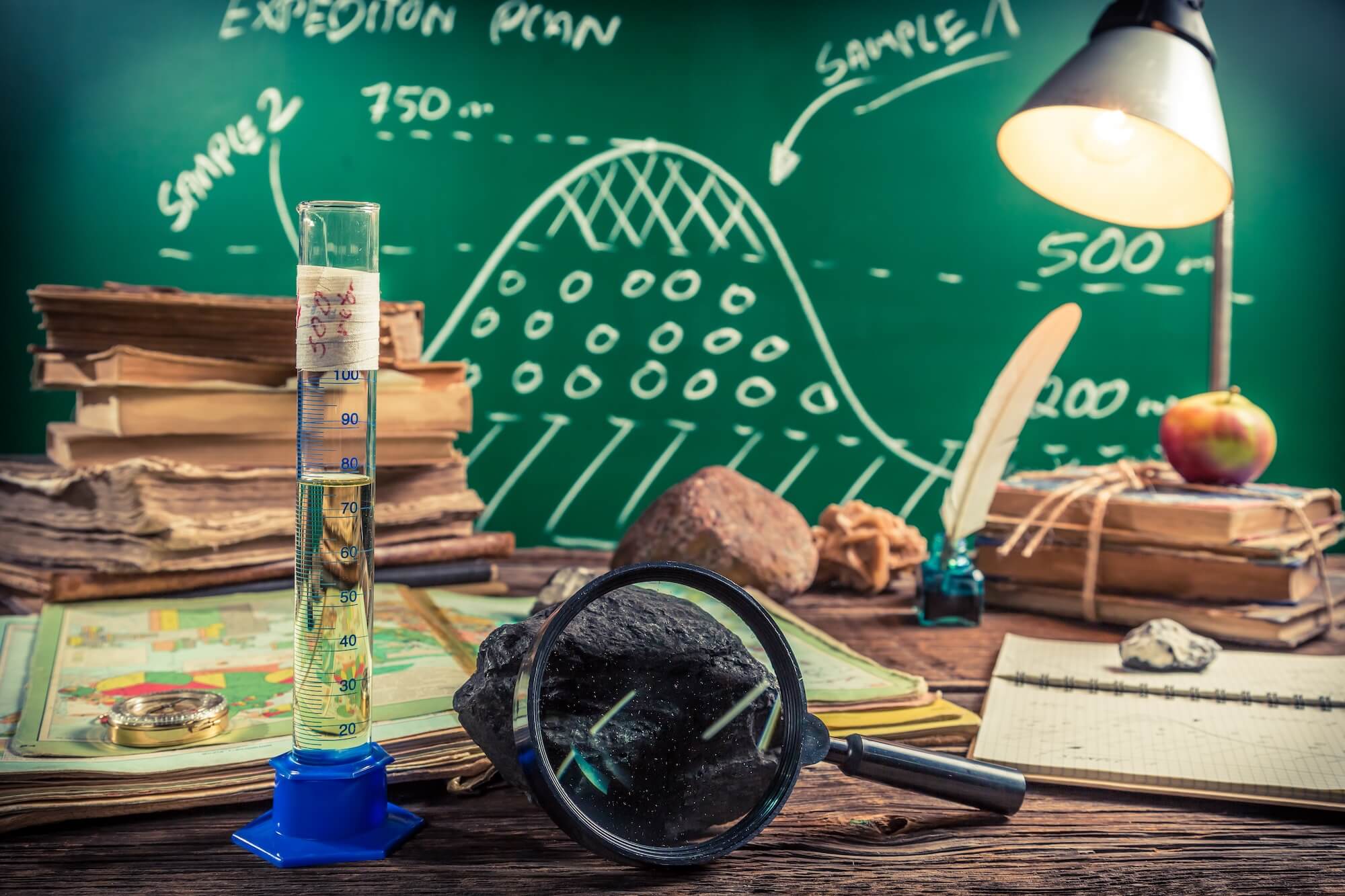

Understanding acids, bases, and salts is a fundamental part of Class 7 Science. These concepts not only form the basis for many advanced topics but also have practical applications in daily life. To make learning these concepts enjoyable and hands-on, here are some simple science projects that students can do at home with easily available materials.
1. Lemon Juice and Baking Soda Volcano
Materials Needed:
- Lemon juice (acid)
- Baking soda (base)
- A container
Procedure:
- Place a few teaspoons of baking soda in the container.
- Slowly pour lemon juice over the baking soda.
- Watch the reaction as it fizzes and bubbles, simulating a volcanic eruption.
What’s Happening?
The acid (lemon juice) reacts with the base (baking soda) to produce carbon dioxide gas, which creates the bubbling effect. This experiment demonstrates a classic acid-base reaction.
2. Homemade pH Indicator with Red Cabbage
Materials Needed:
- Red cabbage
- Water
- Various household liquids (vinegar, baking soda solution, soap water)
- Transparent cups
Procedure:
- Chop the red cabbage and boil it in water for about 15 minutes.
- Strain the liquid into a clear container to obtain your pH indicator.
- Pour the indicator into several transparent cups.
- Add different household liquids to each cup and observe the color changes.
What’s Happening?
Red cabbage contains a pigment called anthocyanin, which changes color when it comes into contact with acids or bases. This natural pH indicator can help identify whether a substance is acidic, basic, or neutral.
3. Cleaning Coins with Salt and Vinegar
Materials Needed:
- Dirty rupee coins
- Vinegar (acid)
- Salt
- A bowl
Procedure:
- Mix 1/4 cup of vinegar with 1 teaspoon of salt in a bowl.
- Place the dirty coins into the mixture.
- After a few minutes, observe how the coins become shiny.
What’s Happening?
The acid in the vinegar reacts with the salt to form a weak hydrochloric acid, which dissolves the copper oxide tarnish on the coins, making them shiny again.
Conclusion
Exploring acids, bases, and salts through simple home experiments helps Class 7 students understand their properties and everyday applications. These hands-on activities make learning fun and engaging, reinforcing key concepts in CBSE Science. At ConnectEd, we believe in empowering students with practical knowledge and fostering a lifelong curiosity in science.

blog & news
Stay Informed, Stay Inspired.


CBSE Class 10 Maths Chapter 15 Probability Formulas – Complete Guide

Surface Area and Volume Formulas for CBSE Class 10 Maths with Examples
Start your journey
with ConnectEd.

Start your journey
with ConnectEd.

Get in touch with us with any inquiries or assistance.
ADDRESS
Visit us for a personal consultation or meeting.


